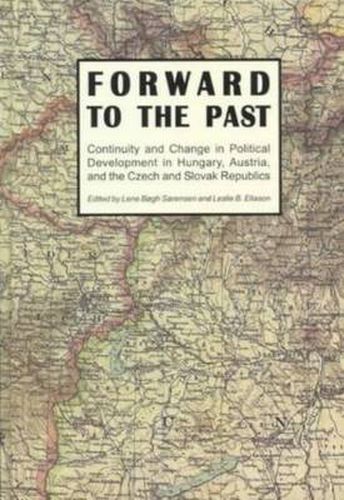Readings Newsletter
Become a Readings Member to make your shopping experience even easier.
Sign in or sign up for free!
You’re not far away from qualifying for FREE standard shipping within Australia
You’ve qualified for FREE standard shipping within Australia
The cart is loading…






These 11 essays by historians, political scientists, sociologists and anthropologists establish a foundation for appreciating the political history of Central Europe. By examining the political landscape in each country, the contributors aim to evoke the legacy of the Austro-Hungarian Empire and bridge the gap between the two extreme images of Central European history. Specific topics presented include: the lost dimensions of social movements and classes; the relationship between the concepts of nation and state ; Austrian democracy; party system development; the myth of Czech liberalism; the Sudeten-German problem; Slovak politics; the regime change in Hungary; and the relationship between democracy and organized interests. By focusing on the consequences of past regime types, social structures and cultural contexts for democractic development, this volume presents a significant base from which future scholars can proceed on a country-by-country analysis.
$9.00 standard shipping within Australia
FREE standard shipping within Australia for orders over $100.00
Express & International shipping calculated at checkout
These 11 essays by historians, political scientists, sociologists and anthropologists establish a foundation for appreciating the political history of Central Europe. By examining the political landscape in each country, the contributors aim to evoke the legacy of the Austro-Hungarian Empire and bridge the gap between the two extreme images of Central European history. Specific topics presented include: the lost dimensions of social movements and classes; the relationship between the concepts of nation and state ; Austrian democracy; party system development; the myth of Czech liberalism; the Sudeten-German problem; Slovak politics; the regime change in Hungary; and the relationship between democracy and organized interests. By focusing on the consequences of past regime types, social structures and cultural contexts for democractic development, this volume presents a significant base from which future scholars can proceed on a country-by-country analysis.